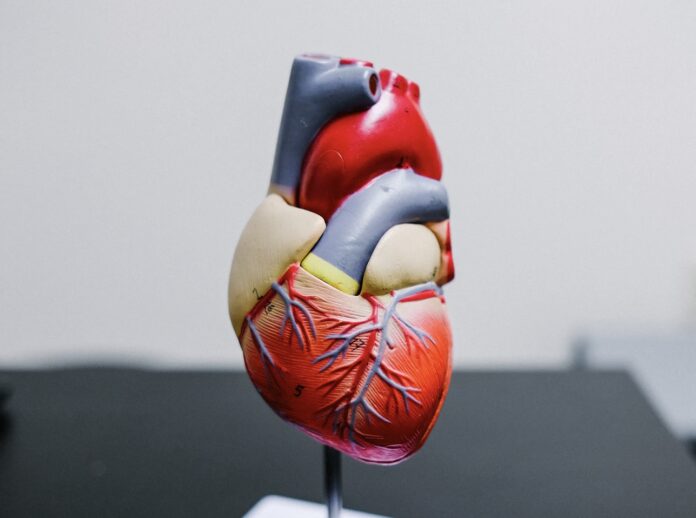Cardiologist Dr. Danielle Belardo highlights the transformative impact of the Coronary Artery Calcium (CAC) scan in preventive cardiology, which assesses calcium build-up in coronary arteries as a predictor of plaque accumulation and future cardiovascular risks. Despite research indicating the preventability of over 80 percent of heart diseases through early detection and prevention, awareness about the significance of the CAC scan remains lacking. Unlike other imaging methods, the CAC scan is noninvasive, with minimal radiation exposure and unique insights not offered by blood tests. Dr. Belardo likens the CAC scan to a crystal ball, offering insights into one’s cardiovascular future. Individuals interested in a Calcium Score screening are advised to consult their healthcare providers to determine its suitability based on age, medical history, and other factors. Ultimately, beyond providing peace of mind, the CAC scan can prompt simple lifestyle adjustments that have the potential to save lives.
Coronary Artery Calcium (CAC) Scan to Help Prevent Heart Disease

Join the AGEIST movement!
Sign-up for our weekly magazine.
See medical disclaimer below.
The ideas expressed here are solely the opinions of the author and are not researched or verified by AGEIST LLC, or anyone associated with AGEIST LLC. This material should not be construed as medical advice or recommendation, it is for informational use only. We encourage all readers to discuss with your qualified practitioners the relevance of the application of any of these ideas to your life. The recommendations contained herein are not intended to diagnose, treat, cure or prevent any disease. You should always consult your physician or other qualified health provider before starting any new treatment or stopping any treatment that has been prescribed for you by your physician or other qualified health provider. Please call your doctor or 911 immediately if you think you may have a medical or psychiatric emergency.
